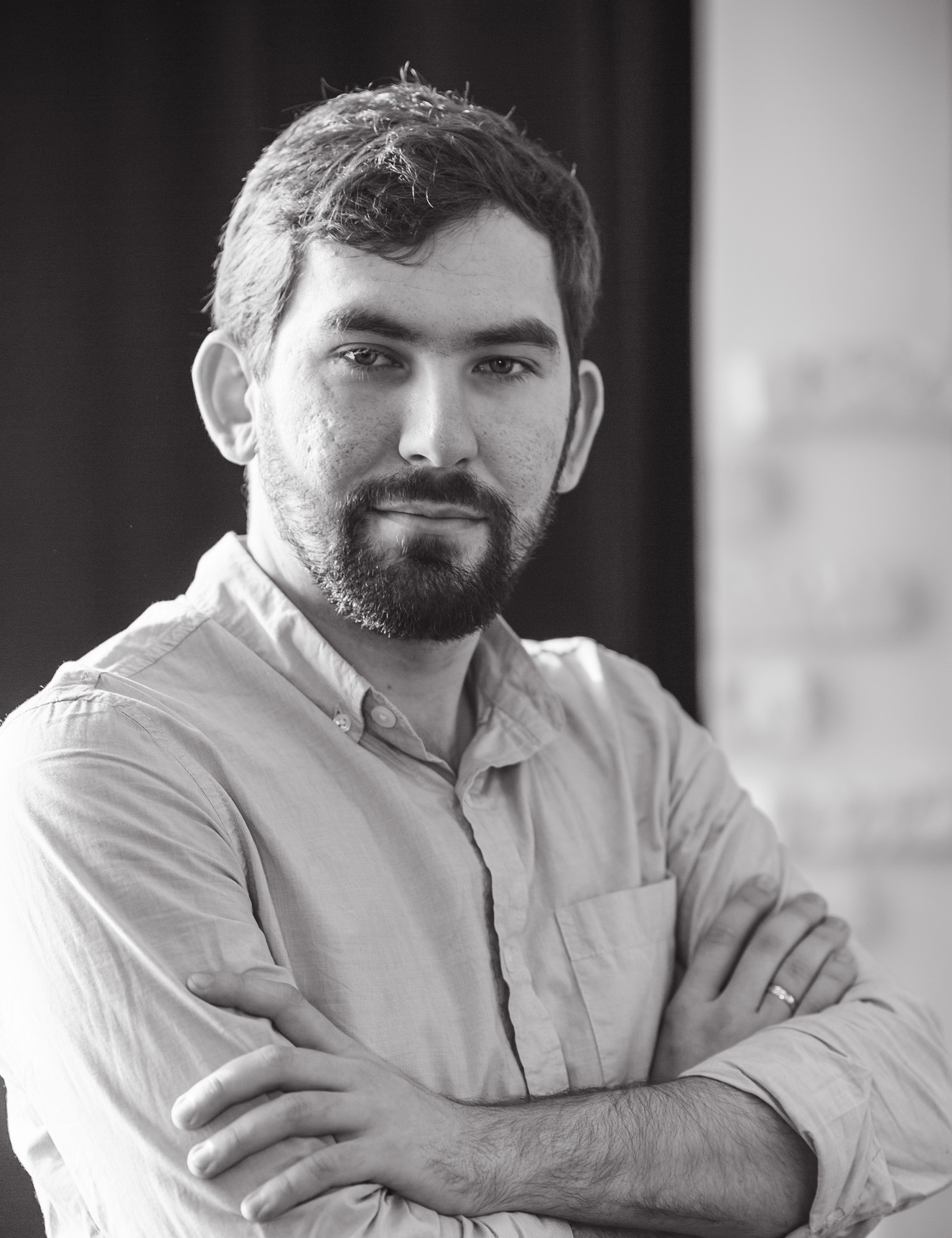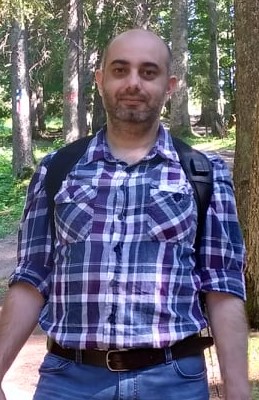Our Team
Developer Team
The Scientific Software Center currently has five Research Software Engineer (RSE) positions. To get in touch with our developers, have a look at the Contact page.
Inga Ulusoy
Inga Ulusoy obtained her PhD in theoretical chemistry and has been developing scientific software for a variety of applications. Examples range from solutions of the time-dependent Schrodinger equation and wave-packet propagation methods to classical rate equations. Her favorite programming language is Python, and she enjoys developing new scientific software as well as refactoring existing code.
Liam Keegan
Liam Keegan is an experienced scientific software developer with a PhD in computational theoretical physics who has worked on a variety of projects in the context of particle physics, neuroscience and systems biology, developing software ranging from Graphical User Interface applications running on a users laptop to highly optimized parallel simulation codes running on large High Performance Computing clusters. See keegan.ch or github.com/lkeegan for more information.
Dominic Kempf
Dominic Kempf has received both his Diploma in Scientific Computing and his PhD in Computer Sciences from Heidelberg University. He specializes in numerical software for the solution of partial differential equations on High Performance Computing systems. During his entire career, Dominic had a keen focus on the development of sustainable research software and on promoting the role of research software in scientific communities. Dominic is a core developer of the DUNE project and a certified Software Carpentry instructor.
Petr Andriushchenko
 Dr. Petr Andriushchenko is a researcher in statistical physics, machine learning, and software development. He obtained a diploma in computer security and a Ph.D. in theoretical physics. He has experience in teaching parallel algorithms and machine learning. With his strong background in supervising research grants, many undergraduate and master's theses of students have been defended under his supervision. In addition, he has extensive experience developing high-performance parallel software for supercomputer clusters in C and implementing machine learning and big data processing algorithms in Python.
Dr. Petr Andriushchenko is a researcher in statistical physics, machine learning, and software development. He obtained a diploma in computer security and a Ph.D. in theoretical physics. He has experience in teaching parallel algorithms and machine learning. With his strong background in supervising research grants, many undergraduate and master's theses of students have been defended under his supervision. In addition, he has extensive experience developing high-performance parallel software for supercomputer clusters in C and implementing machine learning and big data processing algorithms in Python.
Horea Caramizaru
 Horea Caramizaru's background is on the intersection of applied mathematics, computer science, and theoretical physics with an MSc. in Computer Graphics and another MSc. in Scientific Computing. Previously, Horea has worked, among others, in projects that involve computer graphics, physical-based animation, robotics as well as multi-body dynamics, molecular dynamics, and compiler design. Currently, his interests lie at the crossroad of mathematical optimization, optimal control, multi-body dynamics, theoretical mechanics, and SLAM.
Horea Caramizaru's background is on the intersection of applied mathematics, computer science, and theoretical physics with an MSc. in Computer Graphics and another MSc. in Scientific Computing. Previously, Horea has worked, among others, in projects that involve computer graphics, physical-based animation, robotics as well as multi-body dynamics, molecular dynamics, and compiler design. Currently, his interests lie at the crossroad of mathematical optimization, optimal control, multi-body dynamics, theoretical mechanics, and SLAM.